In a consultation paper released earlier this week, Treasury is seeking initial views on developing a mandatory climate-related financial disclosure framework that will be implemented in phases starting FY2024-25. The framework intends to be more comprehensive than TCFD with the possible inclusion of nature-related sustainability risks, social governance disclosures and scope 3 reporting. The framework will align with international frameworks including ISSB.
The consultation paper suggests a progressive framework for climate disclosure that is forward looking and seeks to establish alignment with international standards whilst including additional elements to place Australian businesses ahead in this evolving space.
In this article we dive into the consultation paper and draw out implications for Australian businesses.
Summary of feedback requested in consultation paper
The consultation paper seeks feedback on the development and implementation of climate-related financial disclosure in Australia. The legislation of climate-related financial disclosure aims to provide certainty to businesses and investors whilst improving upon the current level of climate-related disclosures. Climate disclosure represents one part of the wider sustainable finance framework for Australia.
Consultation responses on the reform are due back mid-February, with public consultation on the broader framework opening later in 2023.
On timing, its likely to be a phased implementation, with the first lot of reports potentially being required for the FY 2024-25, aligning with comparable jurisdictions such as the UK and NZ (2023) and Canada and Switzerland (2024).
Feedback is sought on 19 questions including:
-
the content of climate disclosure (Q4,5,9,10,11)
-
implementation of the climate disclosure requirements (Q2,3,6,7,12,18)
-
governance and oversight of climate disclosure (Q8,15,19)
-
interaction of climate disclosure with other reporting (Q1,16,17)
-
data challenges for reporting (Q13,14).
New framework expected to exceed TCFD recommendations
To minimise costs to business and align internationally, the planned climate disclosure is underscored by the same pillars under TCFD and ISSB: governance, strategy, risk management, targets and metrics. The climate disclosure requirements are expected to align with ISSB once these are established and implementation will be phased to minimise cost to businesses.
The planned climate-related financial disclosure steps beyond TCFD in the following ways:
-
To ensure credibility and accuracy in reporting, consideration is being given to assurance requirements currently not required in TCFD reporting.
-
There is awareness that the disclosure of scope 3 emissions will be necessary to enable international alignment.
-
Liability for disclosure currently is measured by ASIC as requiring forward looking statements to be based on “reasonable grounds”, however this could be difficult to interpret for scope 3 and consideration is being given to a safe harbour provision for scope 3 as is used in the US.
-
Standardised scenarios may be developed to enhance comparability of disclosures.
-
Inclusion of nature-related sustainability risks (TNFD) and social and governance disclosures (labour standards, tax transparency, diversity, First Nations relationships) are being considered.
-
Initially the reporting requirements will be mandatory for large businesses. In line with international standards (NZ, UK, EU) where disclosures are required for large, listed businesses and financial institutions.
Business implications
Legislating mandatory climate-related financial disclosure will provide certainty and transparency to businesses and investors. This is increasingly important in attracting international capital and establishing accountability. Although the regulatory and implementation framework for mandatory disclosure is still unformulated, large Australian businesses should expect stricter climate disclosure requirements that align with ISSB and move beyond TCFD in the future.
There is a consensus that climate disclosure continues to gain in sophistication and scope, but regardless, climate disclosure will become mandatory, starting with large businesses reporting in FY2024-2025. The consultation paper implies it will be regulated through penalties and oversight to ensure accuracy and credibility.
The introduction of an internationally-aligned framework will allow investors and capital providers to use comparable climate disclosure to make investment decisions. It will also reduce the need for duplication and ensure compatibility with international reporting requirements.
It would be remiss not to note that investors are interested in Scope 3 emissions, however the inclusion of Scope 3 has not yet been confirmed even though there is a clear need. Excluding Scope 3 could result in inadequate reporting.






